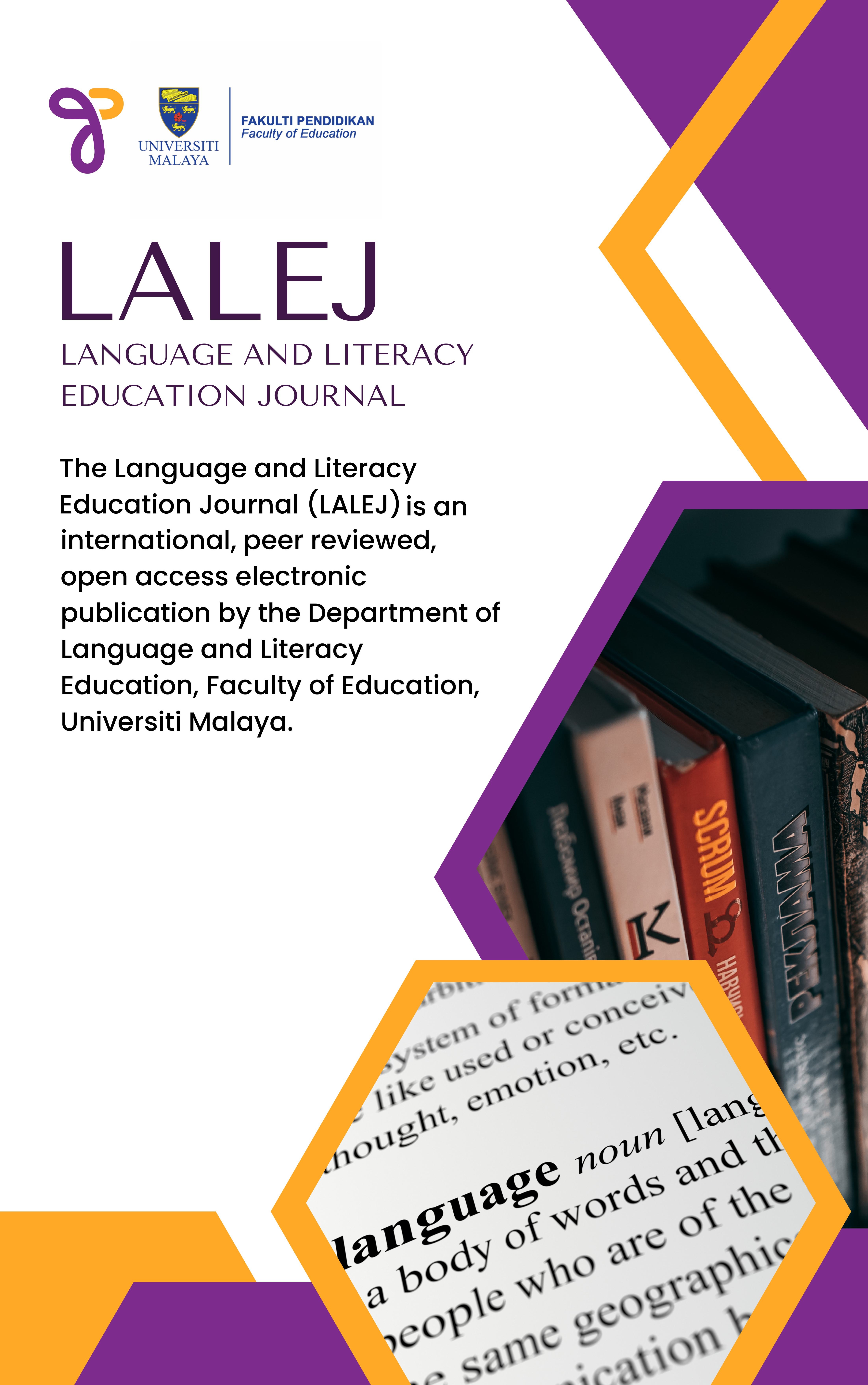THE IMPACT OF TASK VALUES, SELF-EFFICACY, METACOGNITIVE AND COGNITIVE SRL ON EFL CHINESE UNDERGRADUATES’ ENGLISH PERFORMANCE
Keywords:
Task Value, Self-efficacy, Self-regulated Learning, EFL PerformanceAbstract
English learning is considered to be essential for Chinese undergraduates to enhance their global competitiveness. While students’ motivational beliefs and self-regulated learning (SRL) are known to influence the EFL learning process, it remains unclear which specific dimensions within these constructs are the most predictive of English performance. This study aims to examine the impact of specific motivational beliefs (i.e., task values and self-efficacy) and SRL (i.e., metacognitive SRL and cognitive SRL) on EFL performance among Chinese college students. A sample of 268 students was invited to complete 5-point Likert scale questionnaires. The data were analyzed using descriptive statistics and structural equation modeling (SEM). The results indicated that task values have the most significant positive effect on EFL performance, followed by self-efficacy and metacognitive SRL, while cognitive SRL showed almost no significant influence. These findings suggested that educational interventions should prioritize fostering students' motivational beliefs involving task values and self-efficacy, along with enhancing metacognitive SRL strategy use, to improve EFL performance among Chinese undergraduates effectively.



